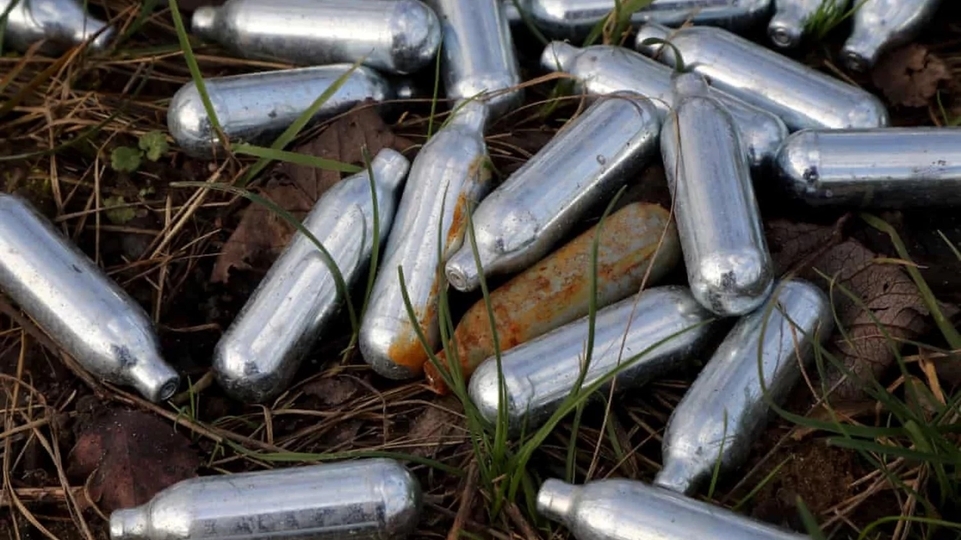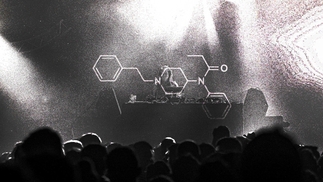Recreational laughing gas use and possession banned in the UK
New laws come into effect despite experts recommending a more nuanced approach

Recreational use and possession of nitrous oxide has been banned in the UK, with up to 24 months in prison for those caught breaking the law, or 14 years for supply.
In September, plans were unveiled to reclassify nitrous oxide, also known as NOS or laughing gas, as a category C substance alongside anabolic steroids, benzodiazepines, piperazines and others. The Government believes the move was necessary due to the "psychoactive effects" produced once inhaled, alleged links to anti-social behaviour, and the risk to public health.
However, critics have argued that a full ban is disproportionate to the overall problem and could be counterproductive. The Advisory Council on The Misuse of Drugs has warned that criminalisation could lead to "significant unintended consequences". Among other issues, these are likely to include users not seeking medical help when it is needed for fear of prosecution.
The Home Office, who sent shockwaves through the live events industry earlier this year by blocking drug checking services without warning at a major Manchester festival, clarified its position by stating that it is "entitled and expected to take a broader view and consider other relevant factors."
Nitrous oxide use in public spaces, littering discarded canisters, and deaths, several of which involved driving after consumption, were all cited as reasons to press on with the ban. According to the Government's own statistics, between 2001 and 2020 there were 56 fatalities as a result of the drug, 45 of which occurred after 2010, although not all can be attributed to misuse as the figure includes medical settings.
Regular use of nitrous oxide can be habit-forming, with side effects including paranoia, memory loss, and nerve damage. The drug is often used legally in hospitals and dental practices due to its pain relieving qualities, while catering and hospitality business rely on it to produce foams, whipped creams and more.
Since the beginning of the century, it has grown in popularity as a party drug, and is now one of the most commonly used recreational substances among 16-24 years olds in the UK.






